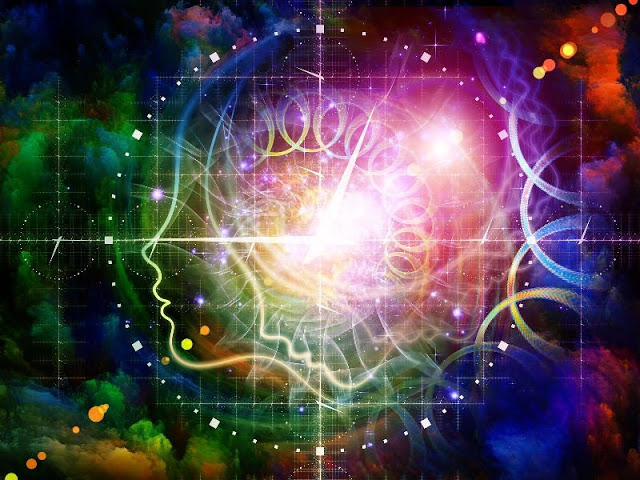

| Online: | |
| Visits: | |
| Stories: |
The Illusion of Time: Physics Reveals Time Is Not Real
by Bob Pershing
Learning Mind
According to certain theories in physics, the time is not real and is nothing but a product of our consciousness. Let’s explore these theories and the concept of the illusion of time.
Our daily experience, as well as our predecessors’, regards time as a flowing entity that defines what we conceive to be the past and also what we conceive as the future. Time is something that is directly linked to our brain’s consciousness abilities. Our mind records what we have seen in the past and can also retrieve it. In our daily experience, our mind cannot construct what is going to happen in the future. In Newton’s classical mechanics that has been the masterpiece of classical physics since its introduction in 1640, time is defined as an absolute characteristic of the universe, independent from our location. It is regarded as a straight passage of events that defines past, present and future.
Later developments
In 1905 and later in 1917, with the introduction of the Einstein’s theories of relativity (special theory of relativity and general theory of relativity), the idea of absoluteness of time received a heavy blow and it was proved that there was no absolute time. Indeed, it was proved that the time difference between two events totally depends on such parameters as speed, gravitational field at the location of the observer, and that two simultaneous events for an observer would not be simultaneous for other observers. Quantum Mechanics (QM) went even further and suggested that time is a discrete property and there is no continuous time with the quantum of time being of the order of 10-43 s. In this interpretation, time is still regarded as a reality, and the statistical interpretation of causality principle within the framework of the Heisenberg’s uncertainty principle is still respected.
Read more »
Source: http://www.riseearth.com/2016/01/the-illusion-of-time-physics-reveals.html




